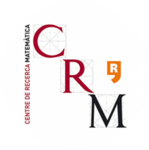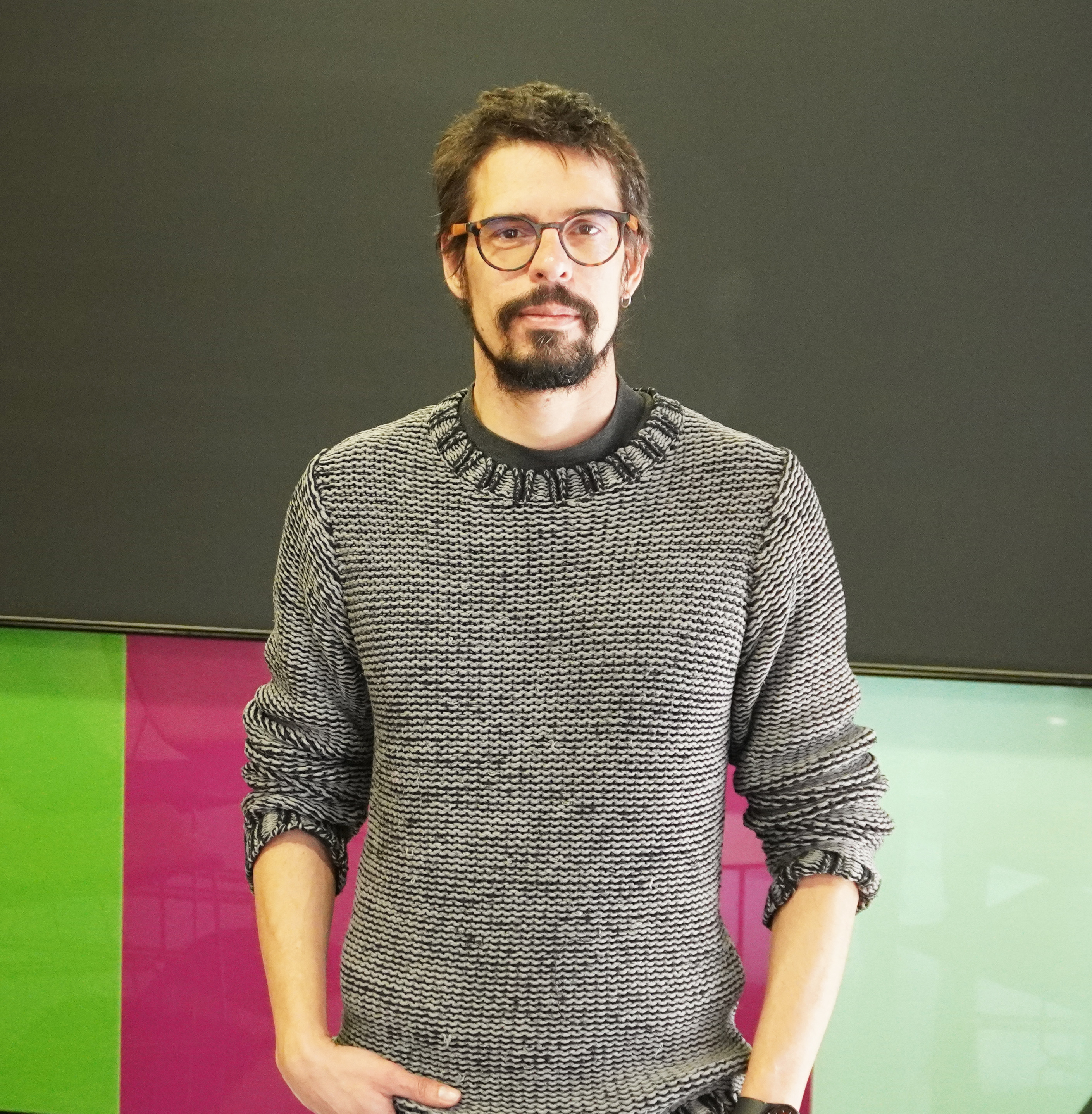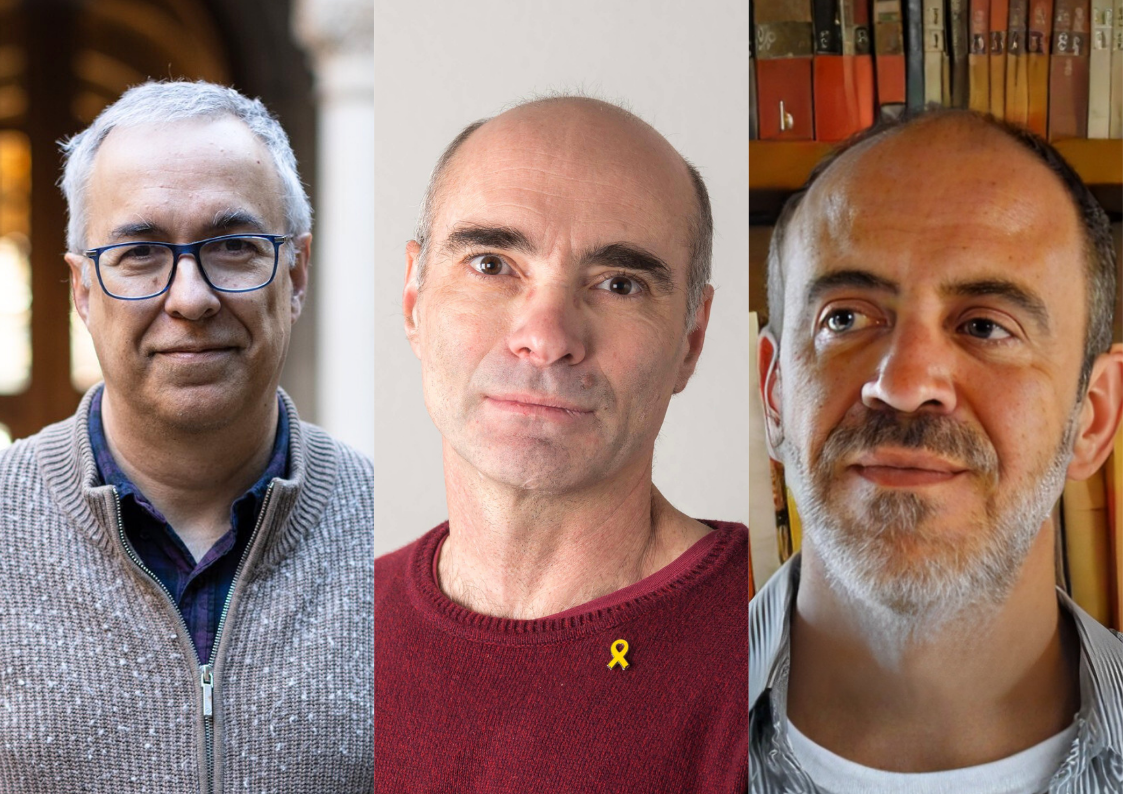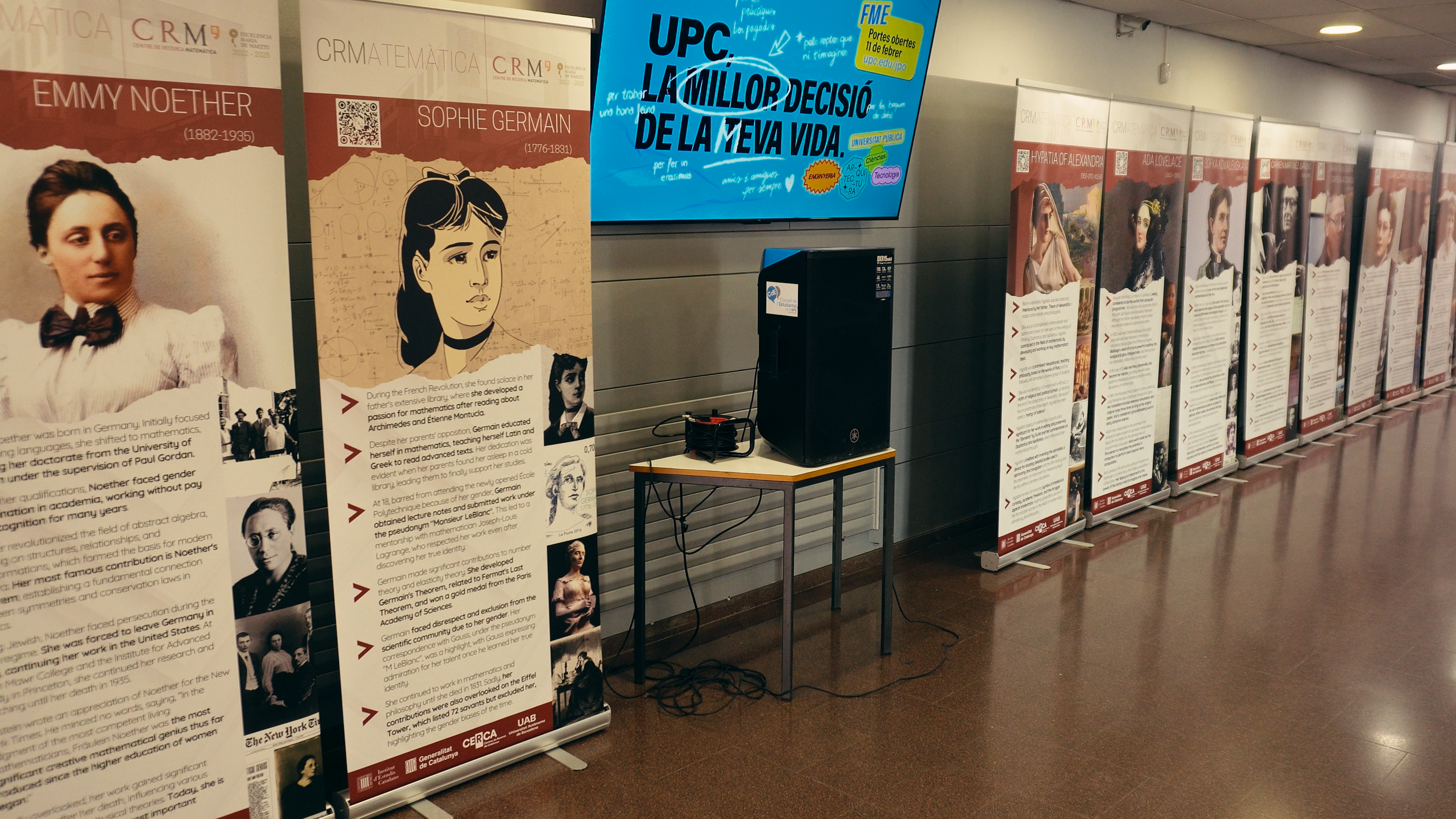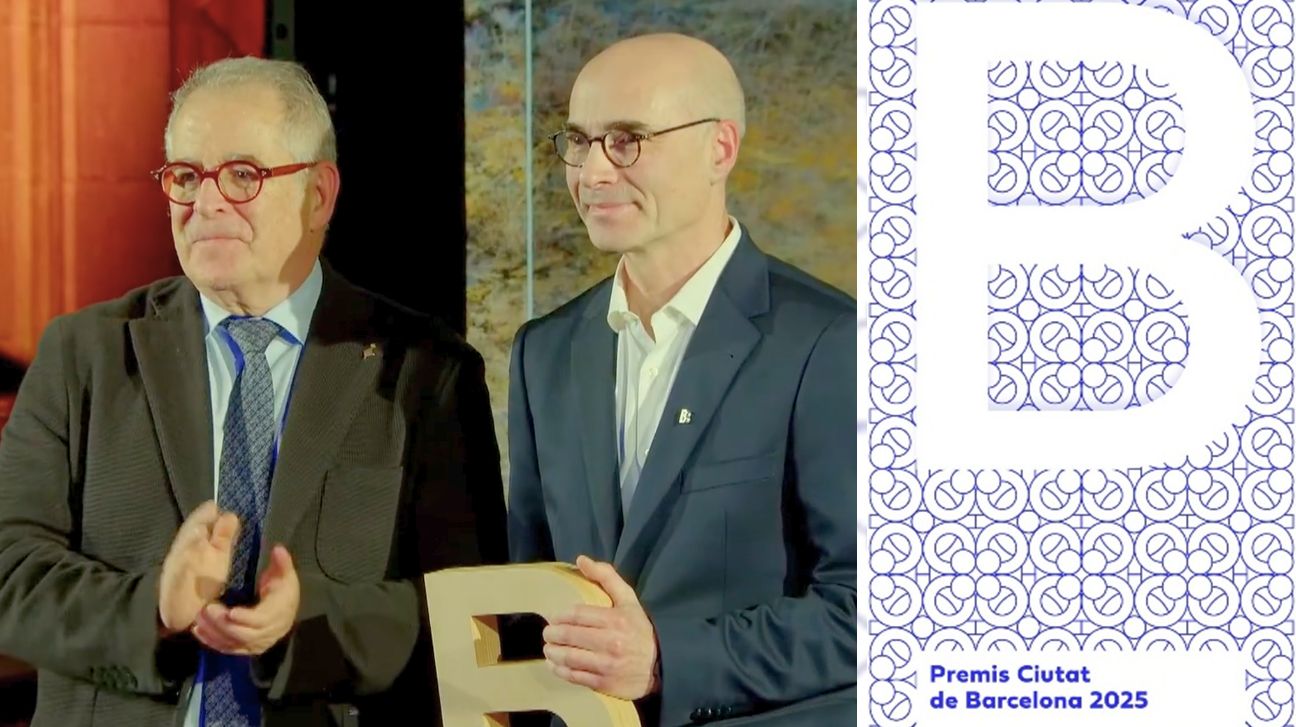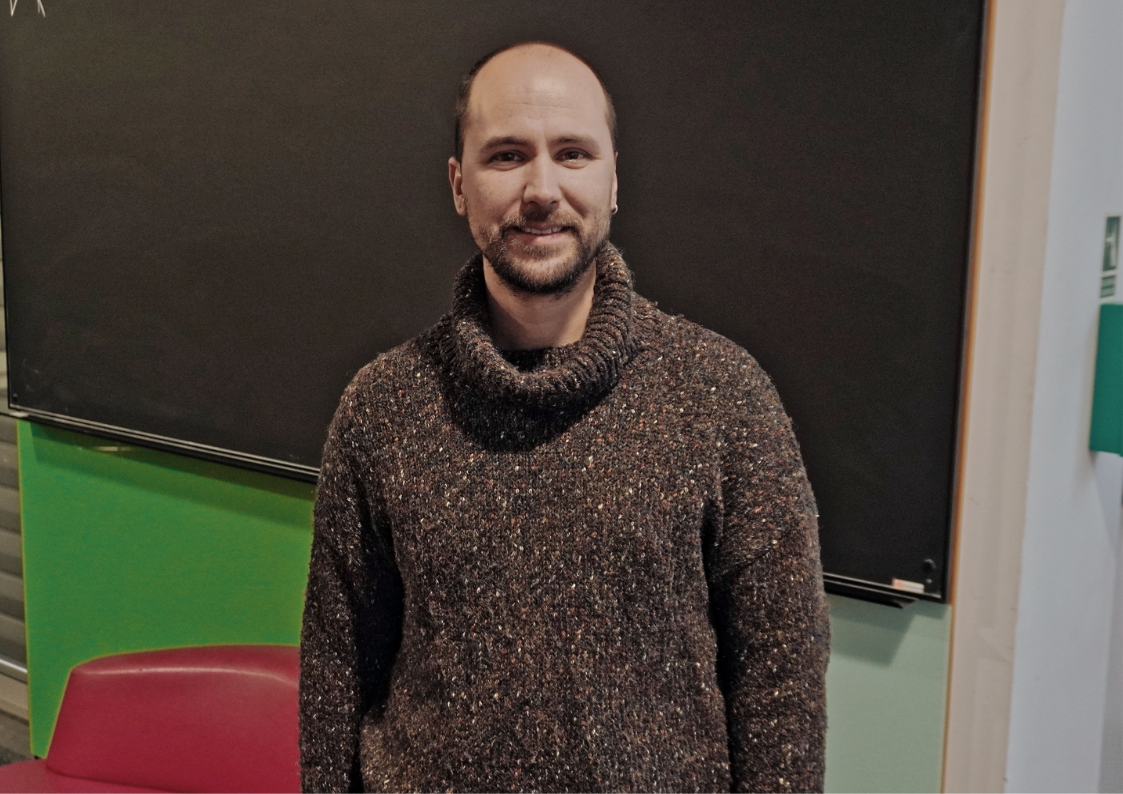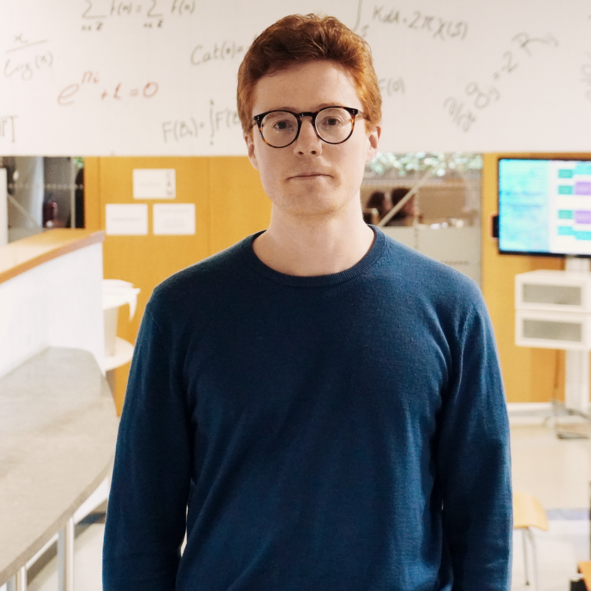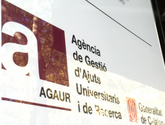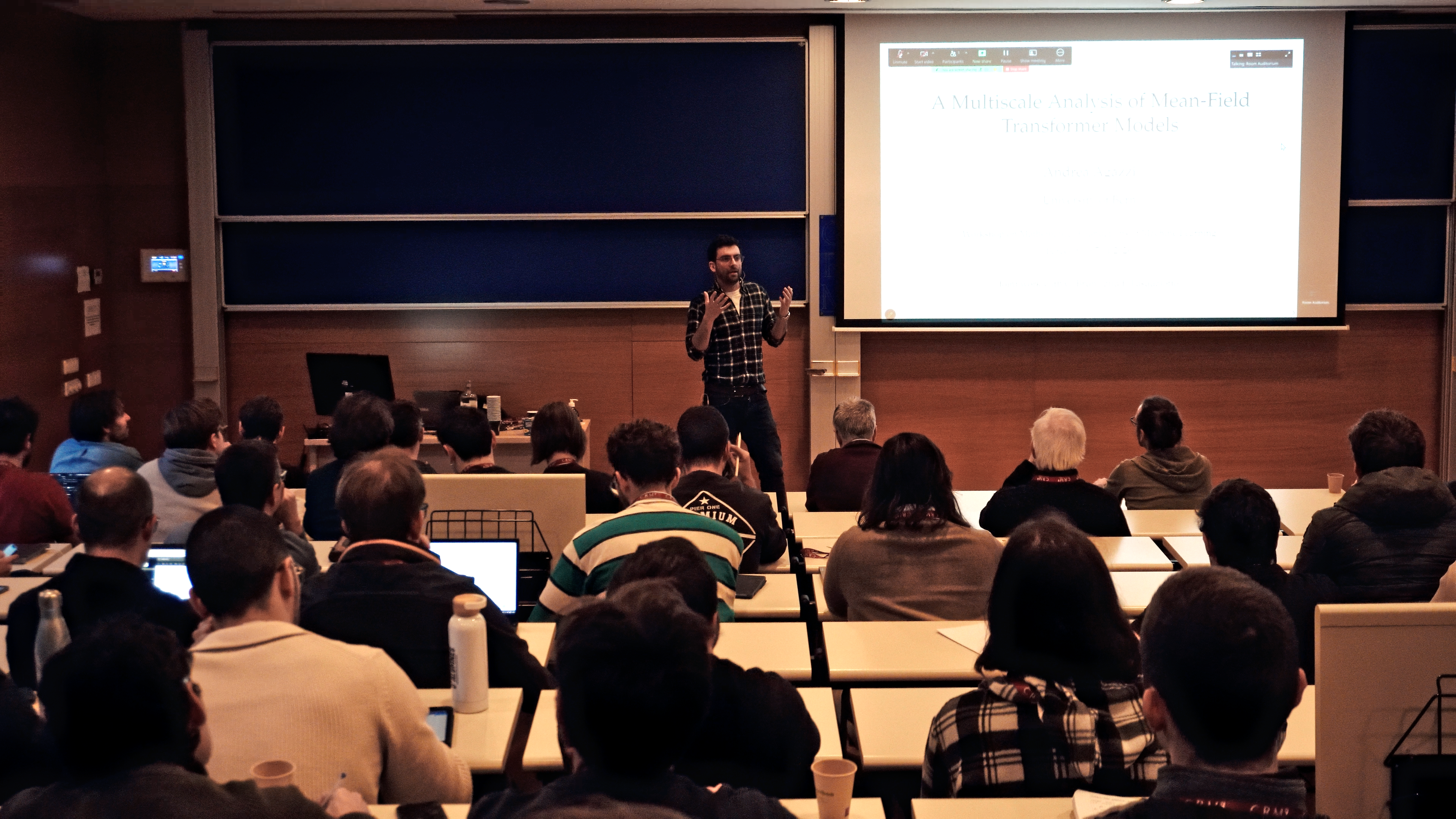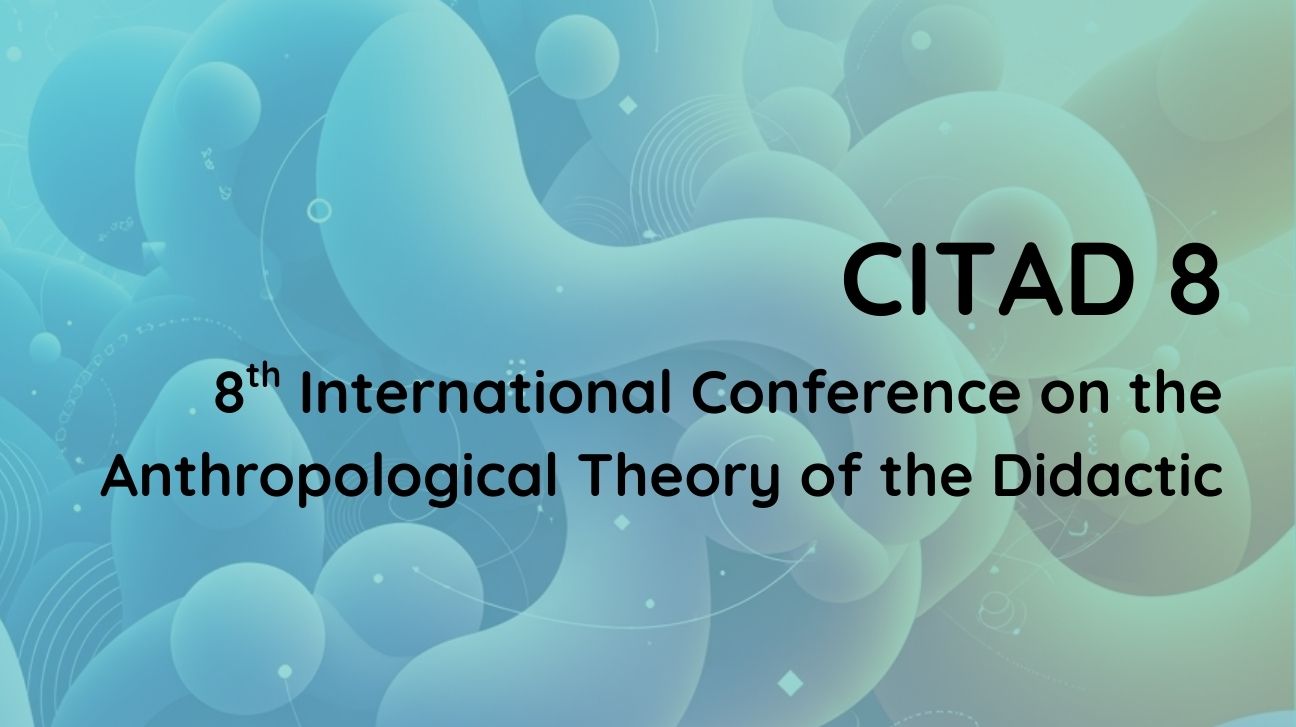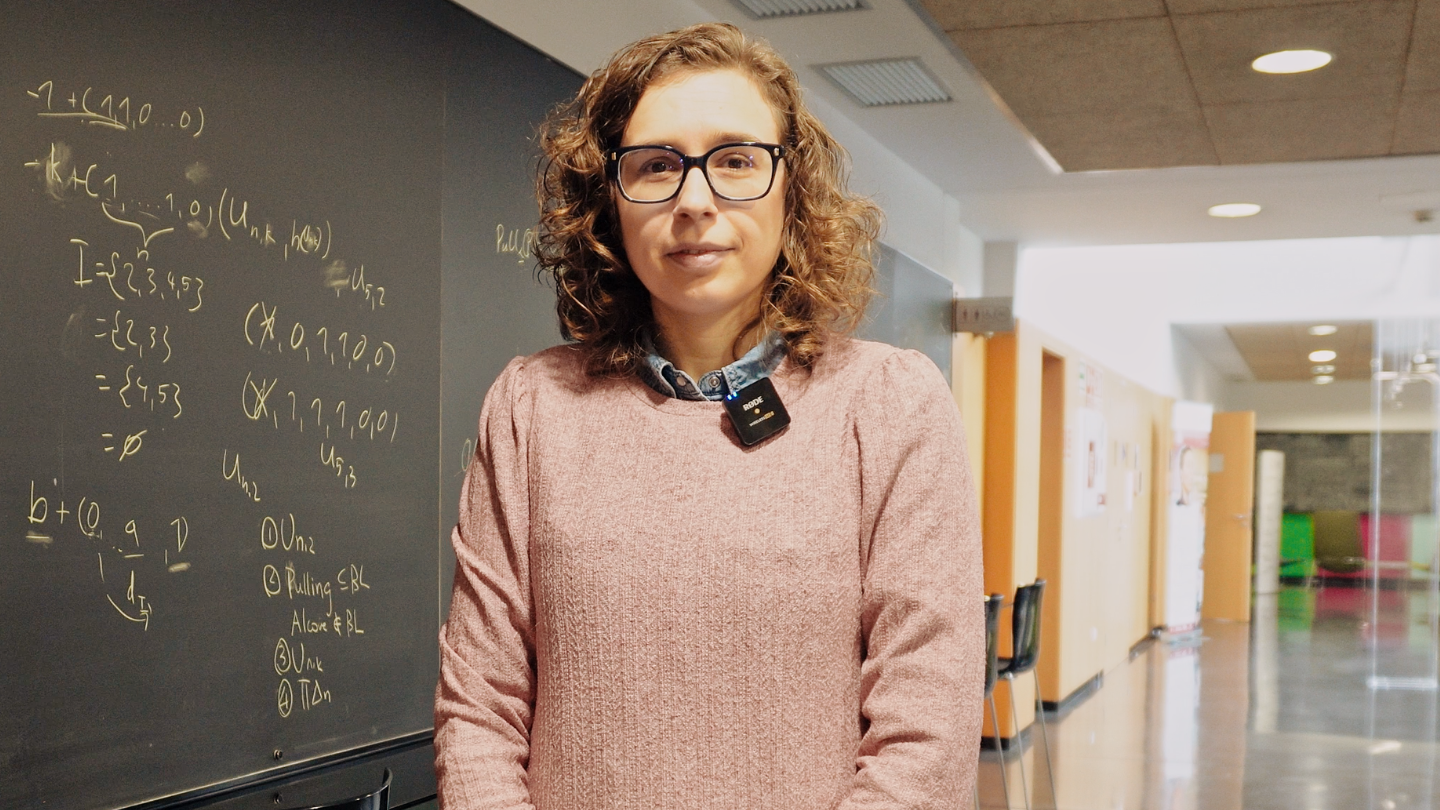
ICIAM Board and VIASM Members during a break
Vietnam hosted the ICIAM Board Meeting and Workshop this September at the Vietnam Institute for Advanced Study in Mathematics (VIASM), gathering 70 delegates from five continents. CRM researcher Tim Myers attended as the ECMI representative and later visited Ho Chi Minh University of Science to meet academics and companies on industrial mathematics initiatives.
The first part of the visit centred on the ICIAM board meeting and workshop in Hanoi. The meeting brought together representatives of major industrial and applied mathematics societies from around the world, with Spain well represented by Ángel Ramos (CUM), President of the Sociedad Española de Matemática Aplicada, Luis Vega (BCAM), ICIAM Officer, and Myers himself representing the European Consortium for Mathematics in Industry (ECMI). Other European societies also took part, with José Antonio Carrillo attending on behalf of the European Society for Mathematical and Theoretical Biology, and Eduard Campillo-Funollet representing the Institute for Mathematics and its Applications.

Post Board Meeting dinner, from left to right: Prof. Ivete Sánchez Bravo (Secretaria de Vinculación, Sociedad Mexicana de Matematicas), Prof. Suzanne Weekes (CEO, Society for Industrial and Applied Mathematics), Tim (CRM), Prof. Chang-Ock Lee (President, Korean Society for Industrial and Applied Mathematics), Prof. Kenji Kajiwara (Director of the Institute of Mathematics for Industry (IMI), Japan, Secretary of the Asia Pacific Consortium of Mathematics for Industry).
“By holding prestigious meetings in countries such as Vietnam we acknowledge their role in global mathematics as well as increase their visibility.”
The Workshop on Industrial and Applied Mathematics 2025 took place from September 11 to 12 at VIASM, jointly organised by ICIAM, the Vietnam Mathematical Society (VMS) and VIASM. The scientific programme featured 24 invited lectures by leading experts, covering applications of mathematics in areas as diverse as high-performance computing, nonlinear dynamical systems, water pollution modelling, partial differential equations and dispersive equations, and the role of mathematics in data science, health sciences and large-scale simulation. Alongside these talks, discussion sessions and exchanges fostered connections between Vietnamese researchers and their international counterparts.
The ICIAM board meeting, held the day after the workshop, brought together over 70 delegates from across five continents, representing countries such as the United States, Canada, Brazil, China, Japan, Korea, the United Kingdom, Germany, Spain, Australia, South Africa and Vietnam. Two key decisions were made: Prof. Sven Leyffer (Argonne National Laboratory, USA) was elected as the next ICIAM President, and Busan, South Korea, was selected to host the 2031 ICIAM Congress.

Myers discussing the role of mathematics in society at Ho Chi Min University of Science
Reflecting on the importance of hosting such events in Vietnam, Myers explained: “There is currently a large push to equalise the visibility of mathematics throughout the world. For many reasons, such as publication costs or research funding, Global South countries have a much lower international presence than more affluent countries (in terms of publications, influential researchers, journal editors, etc). By holding prestigious meetings in countries such as Vietnam — the ICIAM Board consists of world-renowned researchers — we acknowledge their role in global mathematics as well as increase their visibility.”
He also highlighted the concrete benefits of these visits: “Visiting academics can interact with policy makers in the local universities or the country. As an invited guest I often meet with university dignitaries to explain the role that mathematics can play in promoting university collaboration with industry. During the ICIAM meeting, Prof. Wil Schilders (ICIAM president), Prof. Hiraku Nakajima (International Mathematics Union president) and Prof. Yukari Ito (president elect of Asian-Oceanian Women in Mathematics) met with the Vietnamese Deputy Minister of Education and Training Nguyễn Văn Phúc.”
After Hanoi, Myers travelled to Ho Chi Minh City, where he was a guest of honour at a meeting to showcase industrial mathematics and study groups with industry. The event included representatives from two companies: FPT, one of Vietnam’s largest IT service providers, and Tatoma, who focus on optimising seafood farming.

Attendees at the HCMUS meeting
Speaking about how such initiatives can take root, Myers stressed the importance of local engagement: “The key is always to find someone, or a group, willing to keep any initiative alive. Visiting international academics can help, but without the local effort, this will not achieve long-term success.” He also underlined the role of students: “They can learn how to apply mathematics to real-world problems, either at study groups or modelling weeks. In the future, if they stay at the university, they have the skill set to understand industrial problems; if they leave and are employed by industry, they provide a vital link to the universities and often bring problems back.”
Vietnam is part of the Global South, a group of countries that face structural challenges related to development and inequality. Hosting events such as the ICIAM board meeting and the Industrial and Applied Mathematics workshop helps promote industrial mathematics in the country’s leading universities, build closer ties with industry, and open up new funding opportunities as well as new mathematical challenges.
- For further details about the workshop: VIASM – ICIAM 2025
- Coverage in Vietnamese press: Giáo Dục & Thời Đại
|
|
CRM CommPau Varela
|
Trivial matemàtiques 11F-2026
Rescuing Data from the Pandemic: A Method to Correct Healthcare Shocks
When COVID-19 lockdowns disrupted healthcare in 2020, insurance companies discarded their data; claims had dropped 15%, and patterns made no sense. A new paper in Insurance: Mathematics and Economics shows how to rescue that information by...
El CRM Faculty Colloquium inaugural reuneix tres ponents de l’ICM 2026
Xavier Cabré, Joaquim Ortega-Cerdà i Xavier Tolsa, tots tres convidats a parlar al Congrés Internacional de Matemàtics del 2026, protagonitzaran la primera edició del nou col·loqui trimestral del Centre el 19 de febrer.El Centre de Recerca...
L’exposició “Figures Visibles” s’inaugura a la FME-UPC
L'exposició "Figures Visibles", produïda pel CRM, s'ha inaugurat avui al vestíbul de la Facultat de Matemàtiques i Estadística (FME) de la UPC coincidint amb el Dia Internacional de la Nena i la Dona en la Ciència. La mostra recull la trajectòria...
Xavier Tolsa rep el Premi Ciutat de Barcelona per un resultat clau en matemàtica fonamental
L’investigador Xavier Tolsa (ICREA–UAB–CRM) ha estat guardonat amb el Premi Ciutat de Barcelona 2025 en la categoria de Ciències Fonamentals i Matemàtiques, un reconeixement que atorga l’Ajuntament de Barcelona i que enguany arriba a la seva 76a edició. L’acte de...
Axel Masó Returns to CRM as a Postdoctoral Researcher
Axel Masó returns to CRM as a postdoctoral researcher after a two-year stint at the Knowledge Transfer Unit. He joins the Mathematical Biology research group and KTU to work on the Neuromunt project, an interdisciplinary initiative that studies...
The 4th Barcelona Weekend on Operator Algebras: Open Problems, New Results, and Community
The 4th Barcelona Weekend on Operator Algebras, held at the CRM on January 30–31, 2026, brought together experts to discuss recent advances and open problems in the field.The event strengthened the exchange of ideas within the community and reinforced the CRM’s role...
From Phase Separation to Chromosome Architecture: Ander Movilla Joins CRM as Beatriu de Pinós Fellow
Ander Movilla has joined CRM as a Beatriu de Pinós postdoctoral fellow. Working with Tomás Alarcón, Movilla will develop mathematical models that capture not just the static architecture of DNA but its dynamic behaviour; how chromosome contacts shift as chemical marks...
Criteris de priorització de les sol·licituds dels ajuts Joan Oró per a la contractació de personal investigador predoctoral en formació (FI) 2026
A continuació podeu consultar la publicació dels criteris de priorització de les sol·licituds dels ajuts Joan Oró per a la contractació de personal investigador predoctoral en formació (FI 2026), dirigits a les universitats públiques i privades del...
Mathematics and Machine Learning: Barcelona Workshop Brings Disciplines Together
Over 100 researchers gathered at the Centre de Recerca Matemàtica to explore the mathematical foundations needed to understand modern artificial intelligence. The three-day workshop brought together mathematicians working on PDEs, probability, dynamical systems, and...
Barcelona + didactics + CRM = CITAD 8
From 19 to 23 January 2026, the CRM hosted the 8th International Conference on the Anthropological Theory of the Didactic (CITAD 8), a leading international event in the field of didactics research that brought together researchers from different countries in...
Seeing Through Walls: María Ángeles García Ferrero at CRM
From October to November 2025, María Ángeles García Ferrero held the CRM Chair of Excellence, collaborating with Joaquim Ortega-Cerdà on concentration inequalities and teaching a BGSMath course on the topic. Her main research focuses on the Calderón problem,...


